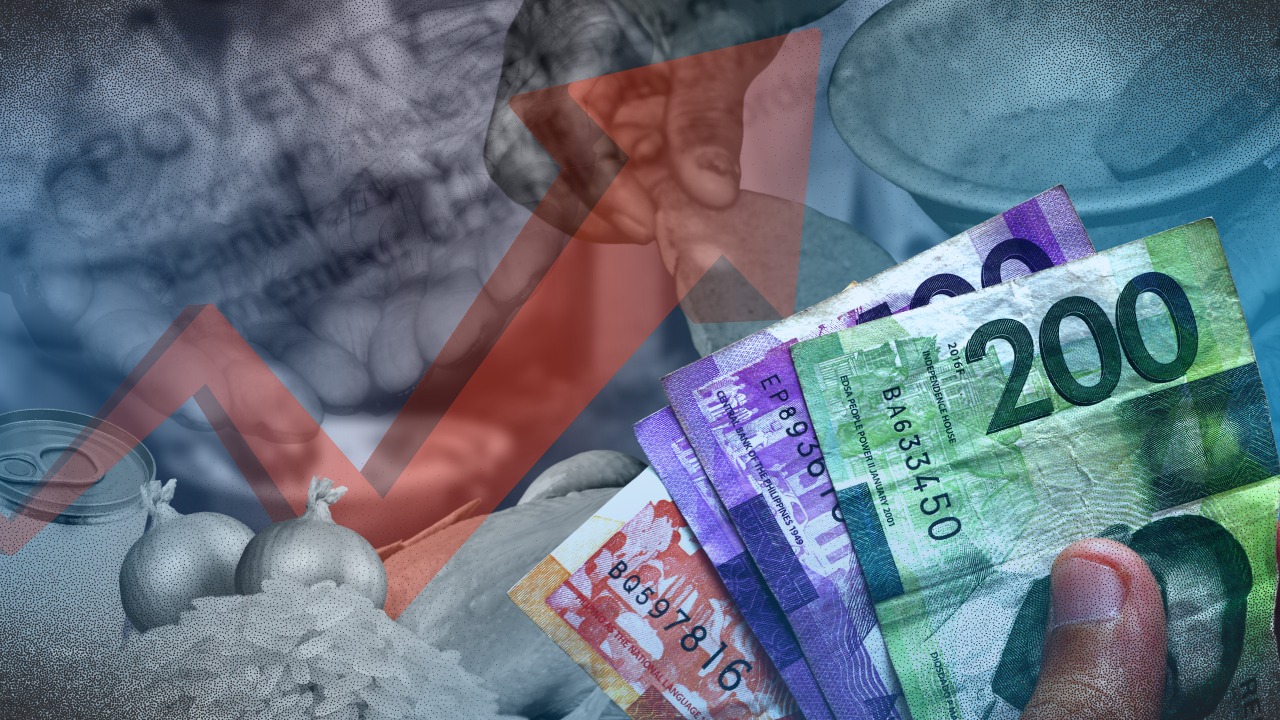PH wins battle vs inflation
The Philippines may now declare victory in its long and painful fight against inflation after price growth last month eased to a four-year low, helping create the perfect economic condition for gradual interest rate cuts.
“Last time inflation was this low, the Philippines was in lockdown due to the COVID-19 pandemic,” Aris Dacanay, economist at HSBC Global Research, said of the lower-than-expected inflation in September.
“It almost feels too good to be true,” Dacanay added. “But we think the September CPI (consumer price index) marks the day that the BSP’s inflation battle is finally over—all because of a mix of both hard work and luck.”
Latest data show inflation softened to 1.9 percent in September, coming in below market expectations and the Bangko Sentral ng Pilipinas’ (BSP) own forecast range of 2 to 2.8 percent for the month.
Gradual
In a commentary, the Bank of the Philippine Islands (BPI) said inflation may have already reached its lowest point this year.
“A potential rebound [is] expected in the final three months of 2024 as favorable base effects fade. Nevertheless, we expect inflation to remain under control, potentially staying below 3 percent in the absence of supply shocks,” BPI said.
Year-to-date, inflation averaged 3.4 percent, sitting comfortably within the 2 to 4 percent target range of the BSP. But getting here was not easy.
The BSP is now at a point where it has to undo its most forceful tightening actions in two decades, which had sent the benchmark rate to its highest level in 17 years to tame stubbornly high inflation.
Cutting borrowing costs is necessary amid market predictions that the economy may grow below the government’s target for this year after consumption showed signs of weakening.
But unlike in the United States, where a slowing job market had prompted the US Federal Reserve to deliver an outsized 50-basis point (bp) cut in September, the BSP entered its easing era in August with the traditional quarter-point reduction to the policy rate, which is now at 6.25 percent.
Moving forward, Governor Eli Remolona Jr. said the central bank would take “baby steps” until the key rate falls to 4.5 percent by the end of 2025, suggesting that monetary authorities would unlikely resort to jumbo cuts that may stir up market fears that the economy is headed for a hard landing.
BPI shared the same view. “While we expect more monetary easing, it is unlikely that the BSP will adopt an aggressive approach,” the Ayala-led bank said.
Japanese investment bank Nomura also does not see the BSP matching the aggression of the Fed. “We still think BSP is unlikely to be more aggressive with 50-bp clips like the Fed was last month,” it said.

